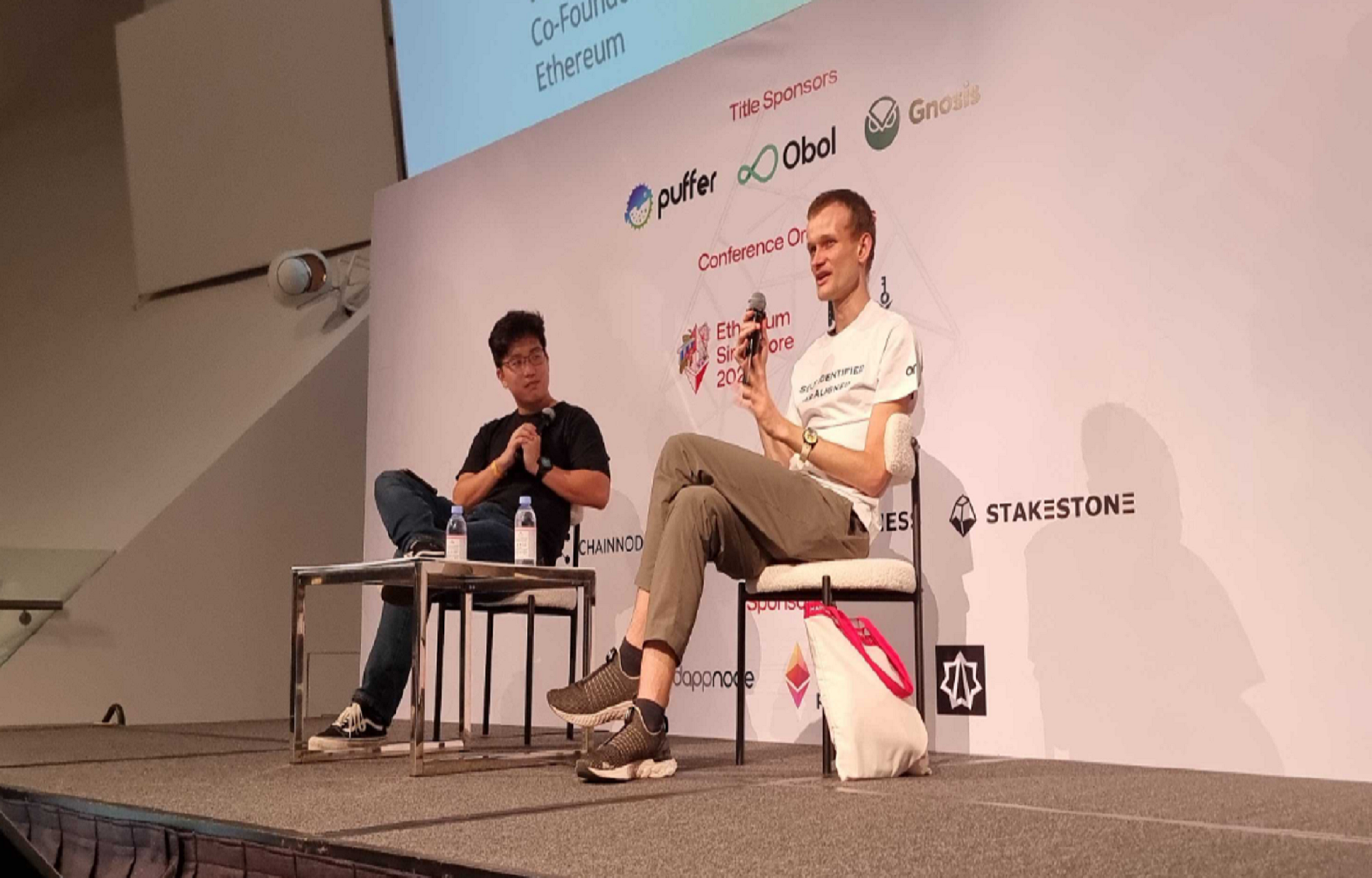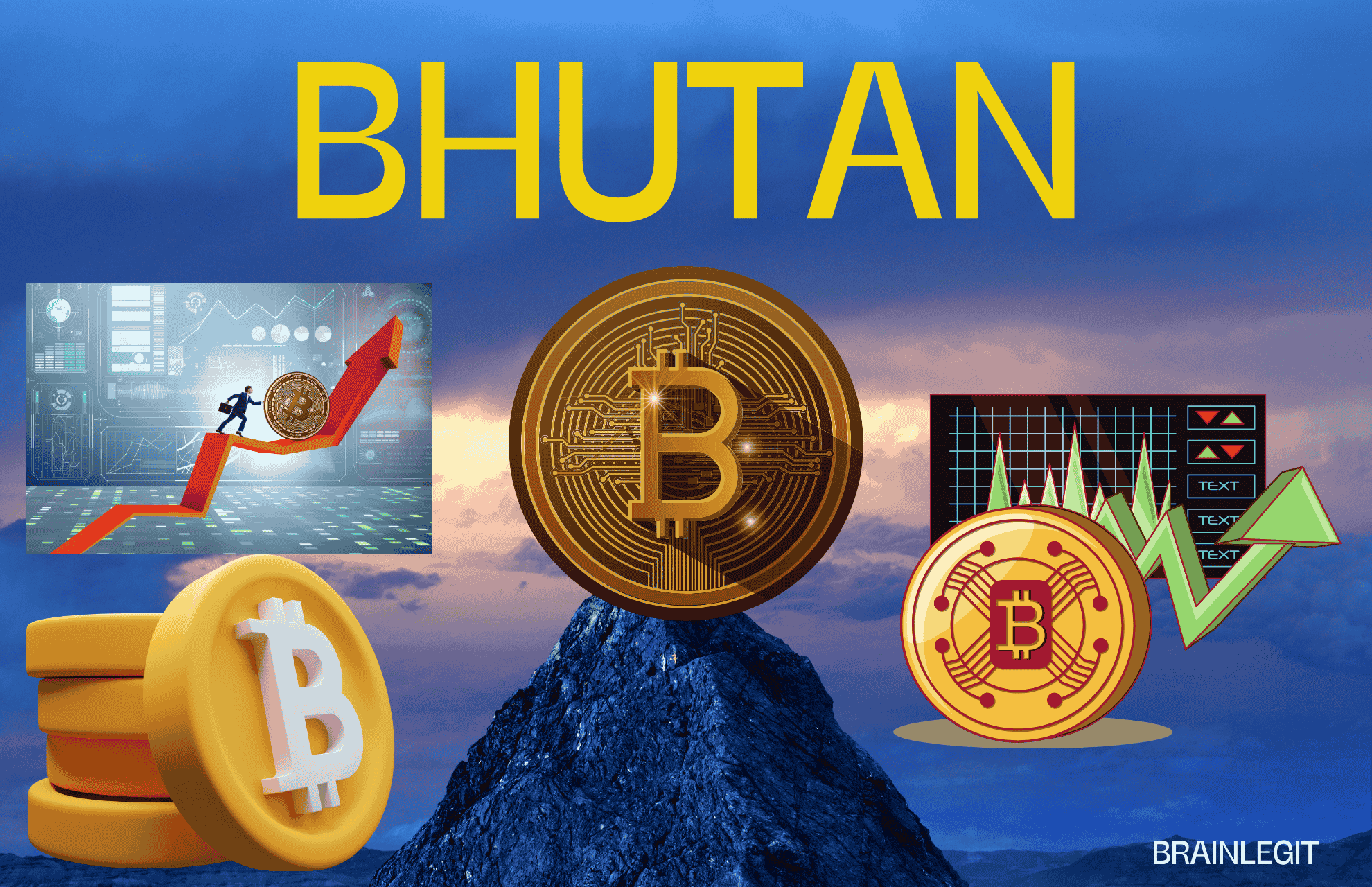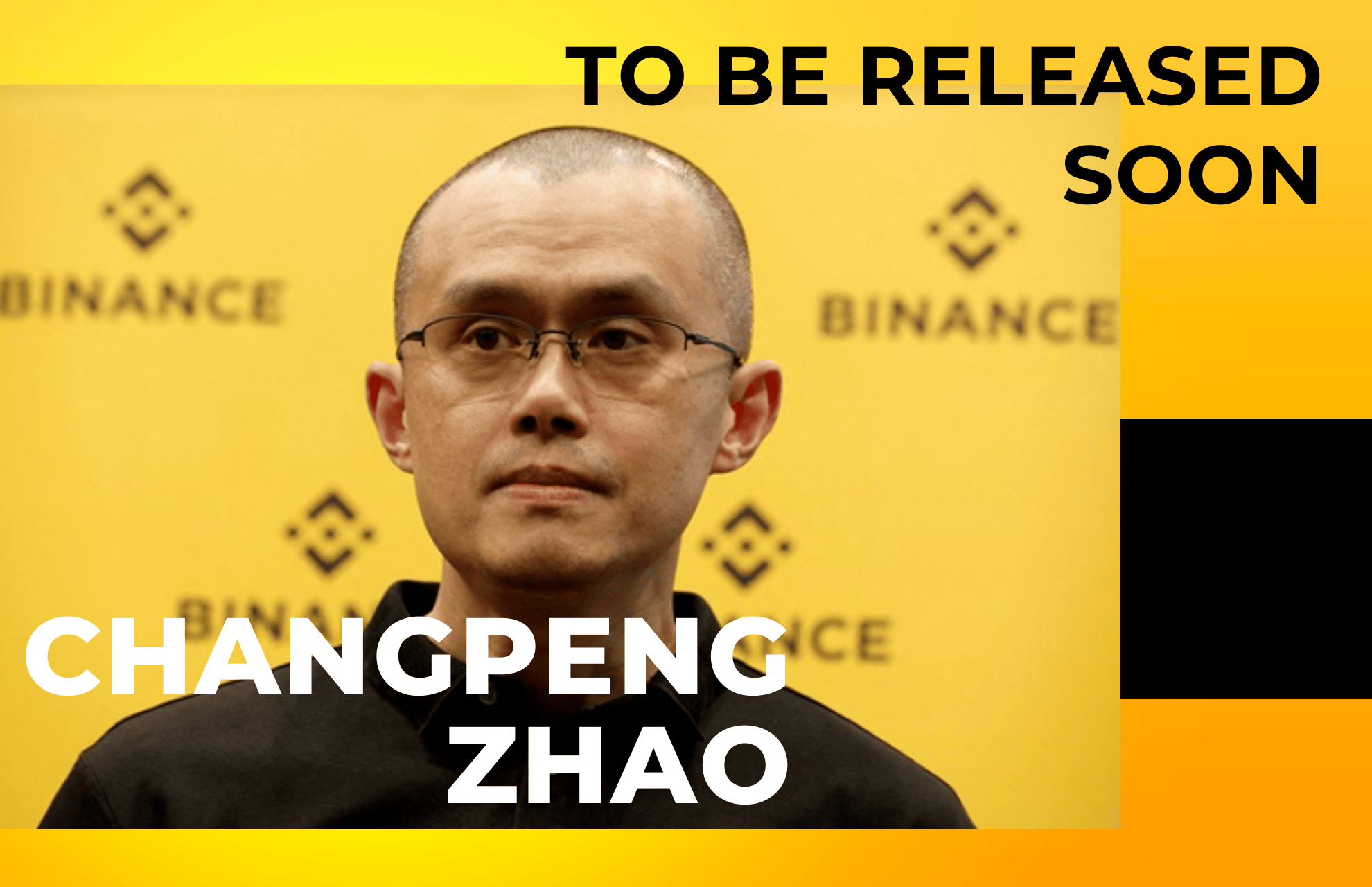At Ethereum Singapore 2024, Ethereum co-founder Vitalik Buterin spoke extensively on the importance of solo staking in securing and decentralizing the Ethereum network. Solo stakers are individuals who stake their Ether independently, without the use of third-party services, staking pools, or centralized entities. Buterin emphasized how these solo stakers play a crucial role in reducing the network’s reliance on centralized entities, which is vital for long-term resilience.
Buterin raised concerns about the risks posed by centralized services, which could potentially introduce vulnerabilities into the system. He explained that solo stakers act as an essential decentralized layer of defense, enhancing Ethereum’s protection against attacks and adding privacy benefits. “The stronger we can have solo staking, the better it serves as a really important extra layer of defense regarding security and privacy,” Buterin stated. He believes that even a small percentage of solo stakers can significantly improve the network’s overall decentralization and security.
Defending Against 51% Attacks
One of the key points Buterin addressed was how solo staking helps protect Ethereum from 51% attacks—where a malicious actor gains control of more than half of the network’s computing power, potentially disrupting or controlling the blockchain. According to Buterin, the critical threshold in these attacks is whether the attacker controls 50–56% or 57% and above of the network's power.
If an attacker surpasses the 57% mark, they can finalize blocks, which can lead to irreversible damage or even a chain split. To mitigate this risk, Buterin proposed a significant change: increasing the block finality threshold from two-thirds to a higher percentage, such as three-quarters or more. This adjustment would make it harder for an attacker to achieve the necessary control over the network to carry out a successful attack. "One of the ideas that I’ve been promoting recently is the idea that Ethereum should increase its quorum threshold from two-thirds to a higher number. Either three-quarters or possibly even more,” Buterin said, suggesting that a more stringent finality rule could provide an additional safeguard.
The Role of Solo Stakers in Ethereum’s Future
Buterin underscored that solo stakers are a diverse and uncoordinated group, making it much harder for any single entity to dominate the network. This decentralization ensures that no centralized authority has undue control over the network, safeguarding Ethereum’s core values of openness and censorship resistance.
As Ethereum continues to evolve, Buterin views solo staking as an essential component of its security framework. He emphasized that the more individuals who participate in solo staking, the less vulnerable the network will be to centralized points of failure. Solo stakers, in his view, serve as an independent and decentralized check on the system’s integrity.
Increasing Security Thresholds
Buterin’s proposal to raise the quorum threshold—requiring a higher percentage of stakers to reach consensus before finalizing blocks—comes as a response to the growing risks posed by increasingly sophisticated attacks. By raising the threshold, Ethereum could better defend against attackers who might try to finalize blocks and manipulate the blockchain if they gain control of more than 51% of the network. Such a change would enhance the difficulty of executing attacks and ensure a more secure network for all users.
Buterin’s Views on Google’s Automated Sign-In
In a related development, Buterin recently expressed support for Google’s automatic sign-in feature on social media. Although he acknowledged that such features could be risky due to their reliance on centralized systems, he suggested that incorporating security measures like account abstraction and multisig setups could help balance the risks. Buterin proposed giving wallets a signing key with an "M-of-N guardian setup," which could provide added layers of security for users, while still allowing for easier sign-in processes.
The Future of Ethereum’s Security
Overall, Buterin’s remarks at Ethereum Singapore 2024 underscore his commitment to strengthening Ethereum’s security and decentralization. His focus on solo staking as a key component of this effort highlights the need for a robust, independent network of validators to protect against centralized attacks. By raising the finality threshold and encouraging more solo stakers to participate, Buterin envisions a future where Ethereum is more secure, resilient, and decentralized than ever before.









